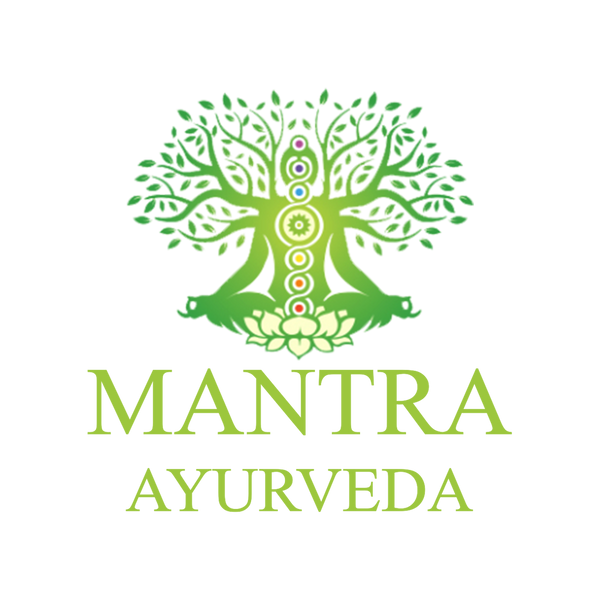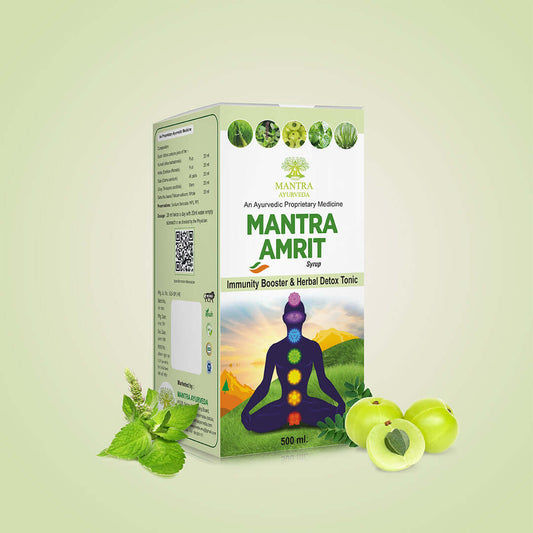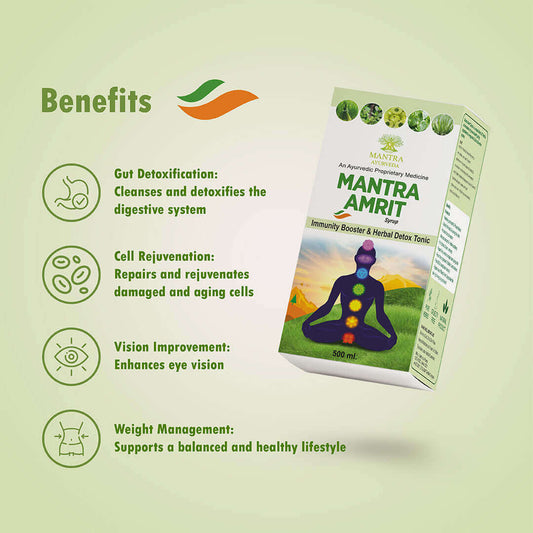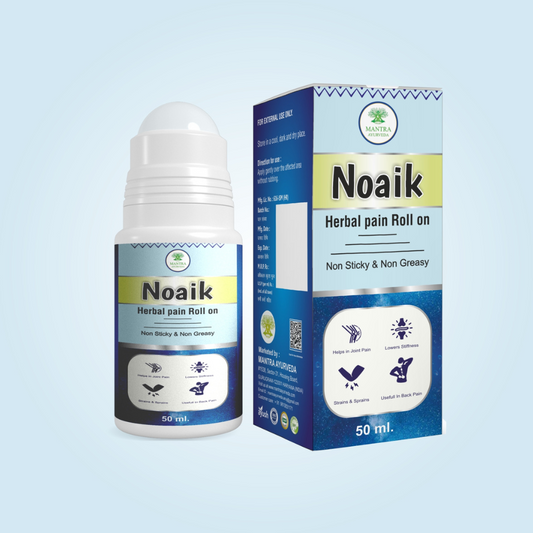Collection: Chronic Pains Management
In Ayurveda, Chronic Pain Management involves a holistic approach to address the underlying causes of pain, whether it's acute or persistent. Ayurvedic treatments aim to balance the body, mind, and spirit, providing relief from various types of chronic pains such as Arthritis, Osteoarthritis, Rheumatoid Arthritis, Cervical issues, Muscle Pulls, and Sports Injuries. Here are some key aspects of Ayurvedic chronic pain management:

1. Understanding Pain in Ayurveda: Ayurveda recognizes pain as a manifestation of imbalances in the body's doshas (Vata, Pitta, and Kapha). Different types of pain are associated with specific dosha imbalances. Ayurvedic practitioners assess the individual's constitution and the nature of pain to tailor treatments accordingly.
2. Balancing Doshas: Ayurvedic treatments focus on restoring the balance of doshas through dietary modifications, herbal remedies, and lifestyle adjustments. This approach addresses the root cause of pain and promotes overall well-being.
3. Herbal Remedies: Ayurvedic herbs with anti-inflammatory, analgesic, and rejuvenating properties are commonly used for pain management. Some herbs, such as Ashwagandha, Guggulu, Turmeric, and Shallaki, are known for their effectiveness in reducing inflammation and providing relief from chronic pains.
4. Ayurvedic Massage (Abhyanga): Therapeutic massages with specific herbal oils are employed to alleviate pain, reduce stiffness, and improve blood circulation. Abhyanga helps in relaxing muscles and promoting joint flexibility.
5. Dietary Recommendations: Ayurvedic dietary guidelines are personalized based on an individual's dosha constitution. Emphasizing anti-inflammatory foods, including fresh fruits, vegetables, and whole grains, while avoiding processed and inflammatory foods, is a common approach.
6. Lifestyle Modifications: Ayurveda emphasizes lifestyle practices that support pain management. This includes maintaining a regular daily routine, incorporating gentle exercises (Yoga), practicing stress-reducing techniques, and ensuring adequate rest.
7. Panchakarma Therapy: In some cases, Panchakarma, a set of detoxification procedures, may be recommended to eliminate toxins from the body and restore balance. Panchakarma treatments can include therapies like Virechana (purification through purgation) and Basti (medicated enema).
8. Mind-Body Connection: Ayurveda recognizes the interconnectedness of the mind and body. Stress, anxiety, and emotional factors are considered contributors to chronic pain. Practices such as meditation, Pranayama, and mindfulness are encouraged to promote mental well-being.
It's essential to consult with a qualified Ayurvedic practitioner for a personalized assessment and treatment plan tailored to individual needs. Ayurvedic chronic pain management provides a comprehensive and natural approach to alleviate pain while promoting overall health and vitality. Coordination with conventional medical care is advisable for a well-rounded approach to pain management.
-
Mantra Ayurveda – Mantra Amrit Syrup
Regular price From Rs. 314.00Regular priceUnit price / perRs. 370.00Sale price From Rs. 314.00Sale -
Noaik Herbal Pain Roll-On by Mantra Ayurveda – Ayurvedic Oil for Joint, Back & Muscle Pain Relief – Non-Sticky – 50ml
Regular price From Rs. 220.00Regular priceUnit price / perRs. 220.00Sale price From Rs. 220.00




